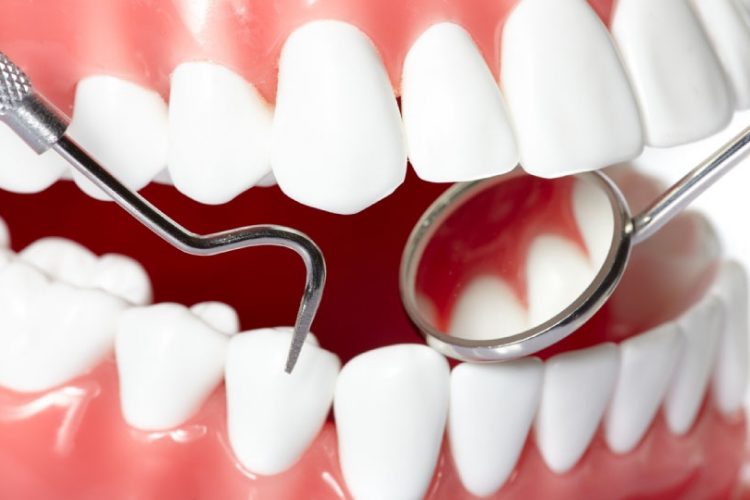
Without question, implants are the best replacement teeth on the market today. They are securely anchored into the jawbone, feel and function identical to natural teeth, and they look great. Additionally, since they are made out of titanium metal in your mouth, you don’t have to worry about gum disease destroying them over time like other types of dental restorations.
However, that doesn’t mean you can neglect their care or ignore any symptoms associated with them. Some patients may think because implants are so durable, they do not need attention when problems occur. That is far from correct thinking! To keep your implants in good shape for years to come, follow these tips:
Table of Contents
1) Maintain A Proper Oral Hygiene Routine
This means brushing at least twice per day, flossing daily, and making regular visits to your dentist for prevention. This will keep bacteria under control in your mouth, which is the primary cause of implant failure.
2) Avoid Smoking
Smoking is the top risk factor for individuals who get Dental Implants. The actual damage occurs because of inflammation around the implants caused by chemicals released by tobacco smoke.
If you are currently a smoker, it is recommended to quit before receiving any implant procedure. Otherwise, make sure to frequently brush after meals and avoid all products with nicotine if possible (i.e., the patch).
3) Eat A Balanced Diet Rich In Calcium
Doing so will help maintain your bone health, which is important in holding implants securely in place. If you are deficient in calcium, surrounding bone (and hence, implant stability) can weaken over time. Fortified dairy products are some of the best dietary sources of calcium, but they can also be found in plant-based foods like kale and bok choy.
4) Get enough Vitamin D
As mentioned above, you must get enough vitamin D when receiving implants. This vitamin aids the body when absorbing calcium and maintaining healthy bones. Without proper vitamin D levels, it’s very easy for the jawbone to recede over time, which can loosen implants and make them less stable. Make sure you meet the recommended daily allowance of vitamin D for your age!
5) Watch Out For Signs Of Infection Or Inflammation
Start to experience any of these symptoms with your implants. You must see a doctor right away: bleeding from gums, pain in jawbone area, changes in the appearance of tooth/tongue numbness, swelling around the face/cheeks, fever higher than 100 degrees F, increased amount of mucus produced.
If caught early enough, problems like this are easily treatable without having to undergo implant removal. However, if left unchecked, they could lead to much bigger issues that will require extensive surgery to resolve.
6) Keep An Eye Out For Changes In Your Bite
The way you bite down on food helps to hold implants securely in place, so make sure this is properly functioning at all times. Contact your doctor immediately if you note any problems with how things feel when chewing (such as pain or clicking).
There are plenty of patient-friendly appliances that can help get your bite back to normal, but you will need the help of a professional before doing that yourself.
7) See A Dentist If Something Isn’t Right
This doesn’t just mean getting regular checkups and cleanings! The dental care team has the skills and diagnostic equipment necessary to identify potential implant problems before they turn into issues. This means it’s even more important than ever to schedule regular visits for prophylactic cleanings and examinations.
8) Keep Up Your Current Oral Habits
The last thing you want to do is suddenly switch up your brushing and flossing routines once you receive dental implants! Doing so can cause inflammation that will exacerbate existing issues, leading to bigger problems if ignored.
Every patient is unique, so these techniques will not work for everyone. This list should be used as a starting point and shouldn’t replace the guidance of your dentist or physician. Stick to these rules, and you’ll have nothing to worry about.
Your implants can serve as a long-lasting replacement for natural teeth, provided that you take care of them correctly. Adhere to the tips above, and your dental implants should function properly for many years!
